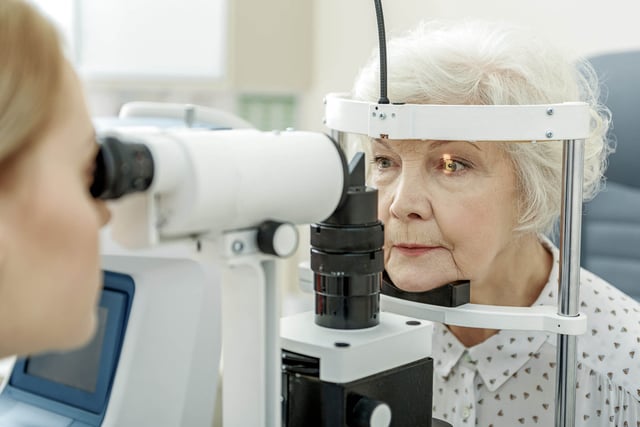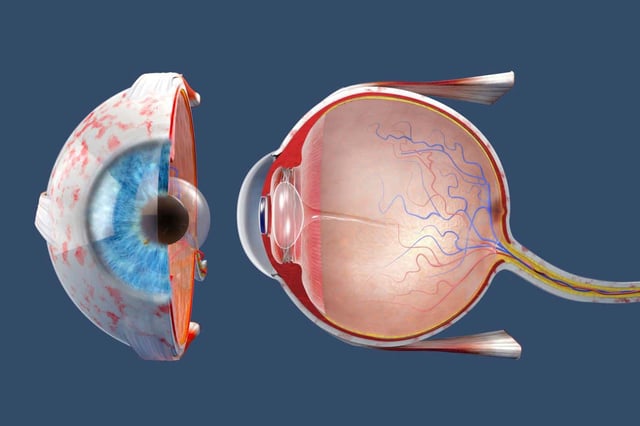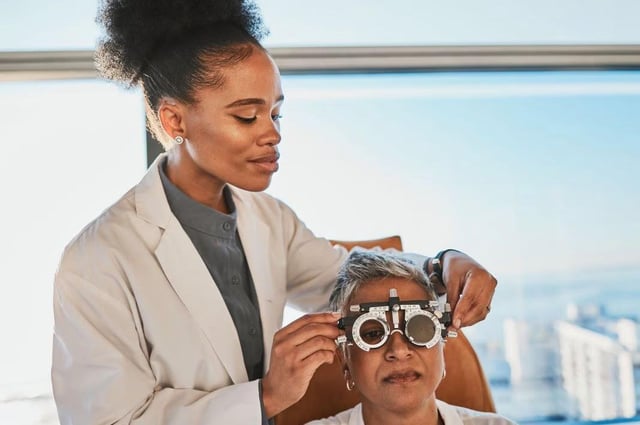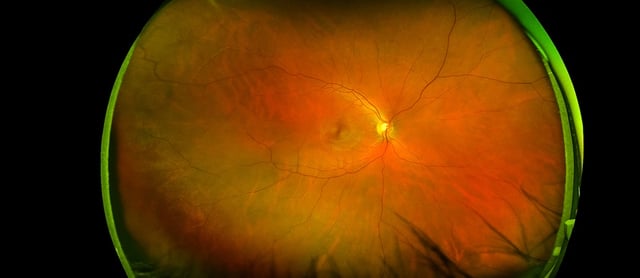Overview
- A study conducted in Japan demonstrated that human embryonic stem cells can effectively close macular holes in monkey models, showing promise for future human applications.
- Macular holes, which cause distorted or blurred central vision, are challenging to treat, especially in cases resistant to standard surgical methods.
- The transplanted stem cell-derived retinal tissue not only filled the holes but also developed into functional retinal cells, including light-sensitive photoreceptors.
- Researchers observed significant improvements in the monkeys' visual function, with enhanced eye fixation and response to light following the procedure.
- Despite promising results, challenges such as mild tissue rejection and the need for further refinement in technique highlight the necessity for additional studies before human trials can commence.



